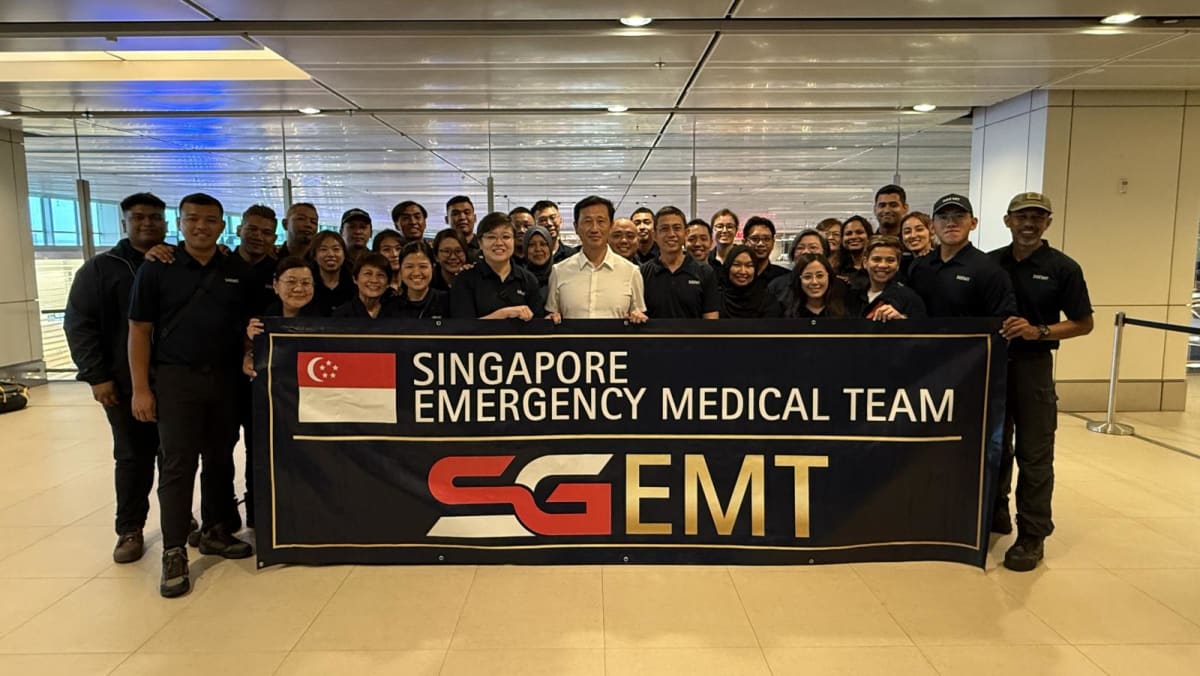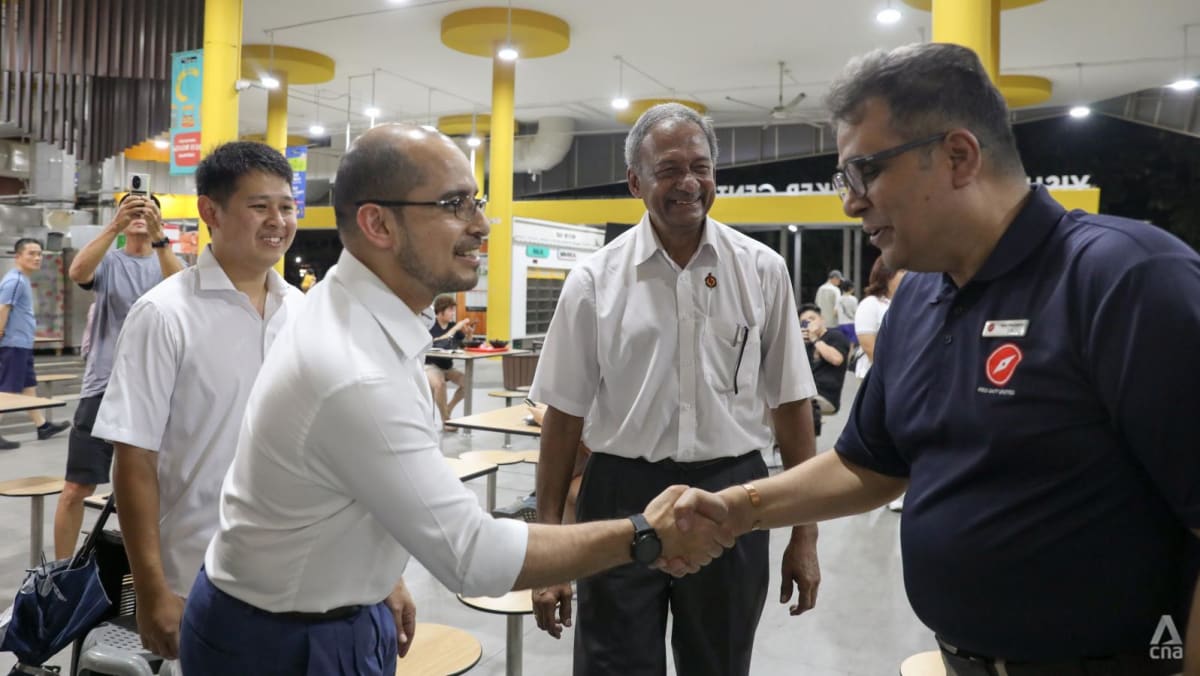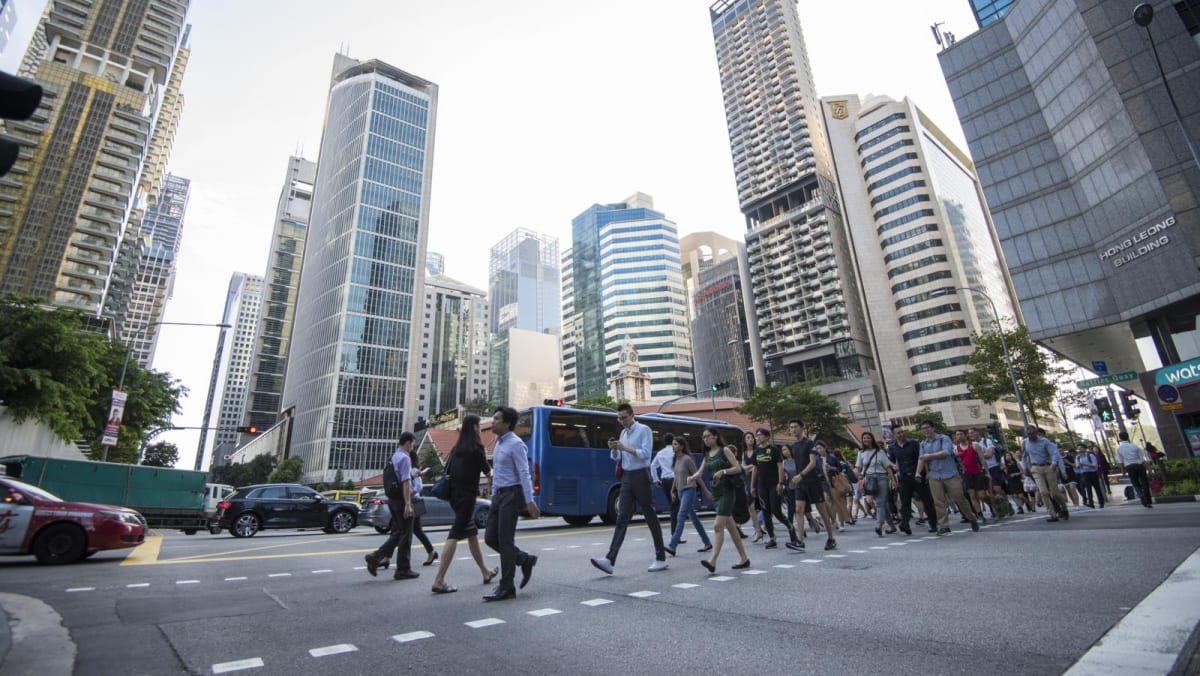IDENTIFY SHARED GOALS
While open communication sets the stage, it’s equally crucial to identify overlapping interests. Hendric Tay, co-founder of The Travel Intern, a content and social media agency from Singapore that specialises in travel marketing, suggests asking each person in the travel group to share their top three things to do, see or eat.
“Being respectful of each other’s top wants and prioritising that can help mitigate any differences in travel styles or preferences,” he said.
DISCUSS BUDGET EARLY
Money can be a sensitive topic, but it is also critical to address to align expectations especially when the travel group consists of people with differing financial backgrounds. Ruchira shared that there are two types of budget discussions to have: A big-picture discussion on larger expenses such as whether to splurge on luxurious accommodations or opt for more modest options further from the city, and a tactical-level discussion to set budgets for daily expenses such as meals.
CONSIDER TRAVEL STYLES
Mingwei Chu, founding partner of Beyond Footprints Travel, a Singapore-based luxury travel agency that specialises in tailor-made private tours, highlighted that understanding whether companions prefer fast-paced sightseeing or leisurely exploration can make a significant difference in planning.
Additionally, “some crave adventure, while others prioritise relaxation. For instance, one person might thrive in the buzz of city life, while another finds joy in the serenity of nature”, he said.
TAILOR TIPS TO THE GROUP
1. Travelling with colleagues
Set boundaries: Figure out what is appropriate to share with your colleagues. Ruchira advised practising selective vulnerability, in which you share just enough to foster rapport but stop shy of overly intimate details that may blur professional boundaries.
Start small: Tay suggested starting with a short trip to test dynamics. “While aligning before a trip helps, nothing beats doing a trial run to a nearby destination for a couple of days,” he noted.
Define roles and responsibilities: Decide on shared duties, such as who handles logistics or budgeting, to maintain fairness and prevent misunderstandings.
Leverage team strengths: You can also delegate tasks based on individual strengths. For example, the most organised person in your group might handle flight and hotel bookings while another who has been to the destination before can take care of activity research.














